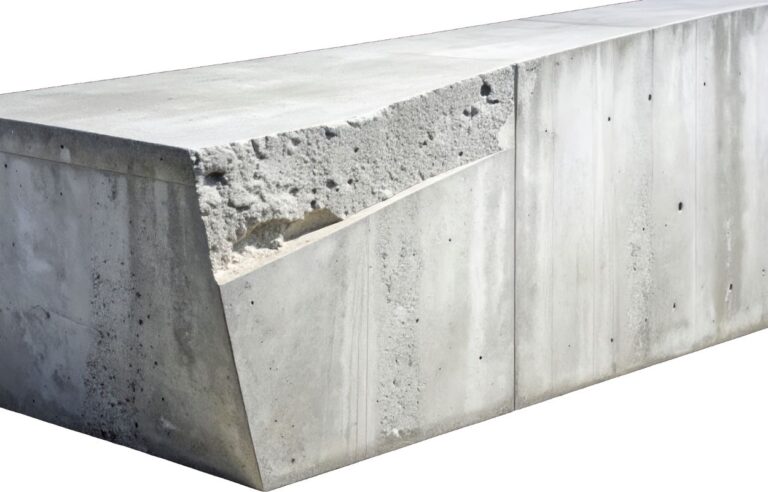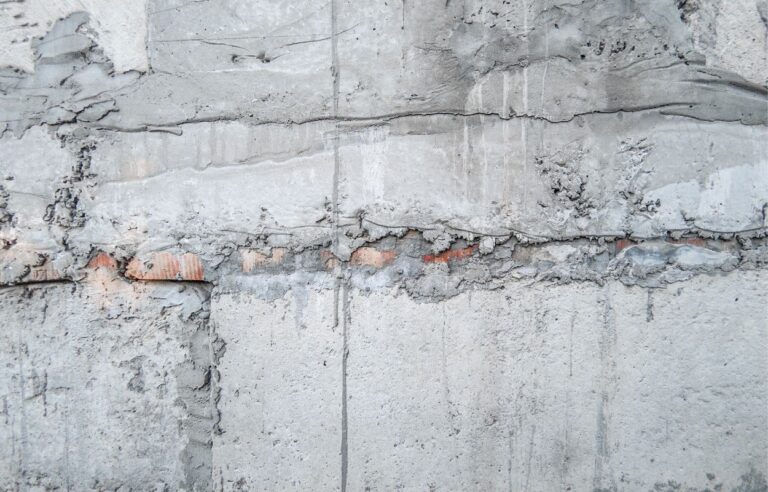Demolition projects in Canada are subject to a complex web of regulations designed to ensure safety, environmental protection, and community wellbeing. Navigating these regulations can be challenging, but understanding the key requirements is crucial for successful project execution. Whether you’re a contractor, property owner, or developer, here’s what you need to know about Canadian demolition regulations.
Federal Regulations
1. Occupational Health and Safety (OHS)
The Canadian Centre for Occupational Health and Safety (CCOHS) sets guidelines to protect workers during demolition projects. These regulations cover a wide range of safety issues, including:
-
Fall Protection: Ensuring workers use proper fall protection equipment and protocols.
-
Hazardous Materials Handling: Safe removal and disposal of asbestos, lead, and other hazardous substances.
-
Noise and Dust Control: Implementing measures to minimize exposure to harmful noise levels and airborne particles.
2. Environmental Protection
Environment and Climate Change Canada (ECCC) oversees regulations related to environmental protection. Key considerations include:
-
Air Quality: Controlling dust and emissions from demolition activities.
-
Waste Management: Proper disposal and recycling of demolition debris to minimize environmental impact.
-
Water Protection: Preventing contamination of water sources through runoff and debris management.
Provincial and Territorial Regulations
Each province and territory in Canada has its own specific regulations that must be adhered to. Here are some examples:
1. Ontario
-
Occupational Health and Safety Act (OHSA): Provides comprehensive safety guidelines for demolition activities.
-
Environmental Protection Act: Regulates the disposal of hazardous materials and the management of construction waste.
-
Building Code Act: Ensures that all demolition projects comply with structural safety requirements.
2. British Columbia
-
Workers Compensation Act: Focuses on worker safety and compensation for injuries.
-
Environmental Management Act: Governs the handling and disposal of hazardous waste.
-
BC Building Code: Sets standards for the safe demolition of buildings and structures.
3. Quebec
-
Act Respecting Occupational Health and Safety: Covers worker safety and hazardous material handling.
-
Environment Quality Act: Regulates the impact of demolition activities on the environment.
-
Quebec Building Code: Ensures compliance with structural and safety standards.
Municipal Regulations
In addition to federal and provincial regulations, municipalities often have their own rules and bylaws governing demolition projects. These can include:
-
Demolition Permits: Obtaining the necessary permits from local authorities before beginning a demolition project.
-
Noise Bylaws: Adhering to local noise regulations to minimize disruption to the community.
-
Heritage Conservation: Ensuring that demolition of historically significant buildings complies with preservation laws.
Key Steps for Compliance
1. Conduct Thorough Planning
Before starting a demolition project, conduct a detailed assessment of the site and plan for compliance with all relevant regulations. This includes identifying and safely removing hazardous materials and ensuring all necessary permits are obtained.
2. Engage Qualified Professionals
Work with experienced demolition contractors and environmental consultants who are familiar with local regulations and best practices. Their expertise can help navigate complex regulatory landscapes and ensure compliance.
3. Implement Safety Protocols
Develop and enforce strict safety protocols to protect workers and the surrounding community. This includes providing adequate training, protective equipment, and emergency response plans.
4. Maintain Documentation
Keep detailed records of all permits, inspections, and compliance measures. This documentation can be crucial in the event of regulatory inspections or disputes.
5. Stay Informed
Regulations can change, so it’s important to stay updated on any new laws or amendments that may affect your demolition project. Regularly review updates from federal, provincial, and municipal authorities.
Conclusion
Navigating Canadian demolition regulations requires a thorough understanding of federal, provincial, and municipal laws. By conducting careful planning, engaging qualified professionals, implementing robust safety protocols, maintaining documentation, and staying informed about regulatory changes, you can ensure your demolition projects are safe, compliant, and successful.





